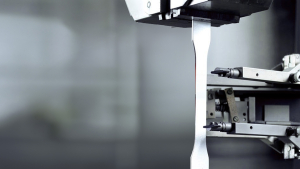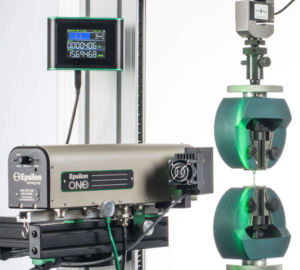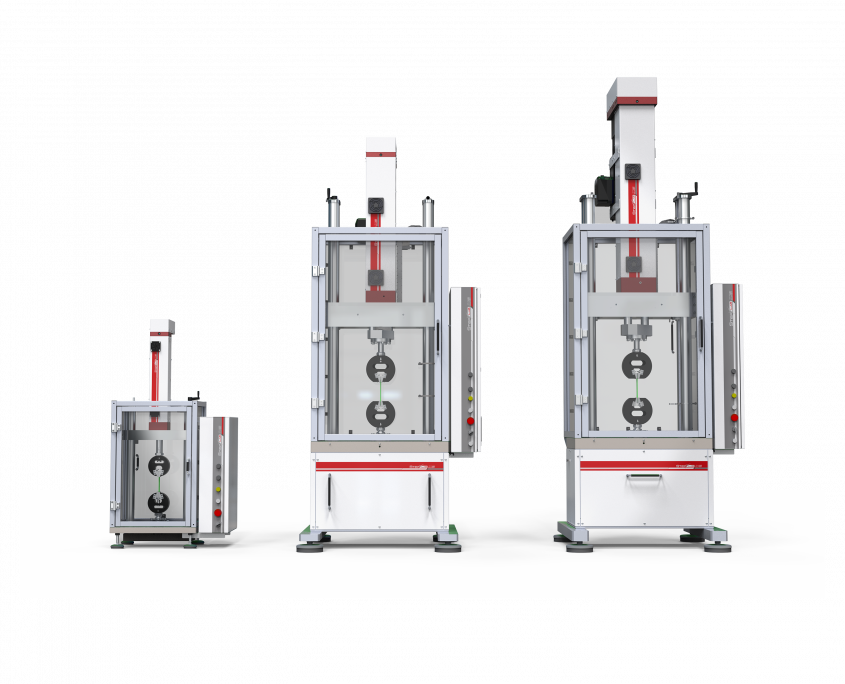At STEP Lab, our commitment extends to engineering testing machines that surpass industry standards, exemplified by our dedication to precision and quality. Our cutting-edge technology ensures superior performance and reliability in meeting your testing needs, aligning seamlessly with International standards such as ASTM A370. With us, you can trust that your materials testing requirements will be fulfilled with the highest level of accuracy and compliance.
WHAT IS ASTM A370?
ASTM A370 is a crucial standard in the realm of mechanical testing, specifically designed for assessing the properties of steel, stainless steel, and related alloys. This standard outlines test methods and definitions for various mechanical tests, including tension testing, impacting its significance on the quality evaluation of materials used in construction and manufacturing. ASTM A370 plays a pivotal role in ensuring the elasticity, strength, elongation, and reduction of different metals meet the required industry standards. These mechanical tests are essential for guaranteeing the integrity and reliability of materials in diverse applications.
WHAT DOES ASTM A370 MEASURE?
ASTM A370 primary focus is tensile testing, in fact the properties commonly measured include:
- Modulus of Elasticity: A material’s resistance to elastic deformation.
- Yield Strength: The stress at which a material undergoes permanent deformation.
- Tensile Strength: The maximum force or stress a material can endure.
- Reduction of Area: A measure of a material’s ductility.
- Total Elongation: A percentage increase in length after failure.
ASTM A370 – DIFFERENCES WITH ASTM E8
ASTM A370 and ASTM E8 are both standards employed for testing the mechanical properties of metallic materials, specifically focusing on tensile testing. However, notable differences exist between the two:
- Minimum Yield Strength Requirement
- Scope of Application
- Technical Differences
ASTM A370 – TEST PROCEDURES
ASTM A370 outlines comprehensive test procedures for the mechanical testing of steel products, providing crucial insights into their mechanical properties. The standard covers various tests, including:
- Tensile Testing: Evaluates the material’s strength and ductility under uniaxial tensile stresses.
- Bend Testing: Assesses the flexibility of the material.
- Hardness Testing: Measures the material’s resistance to deformation.
- Impact Testing: Evaluates toughness under sudden loading conditions.
The procedure involves different controls, including Stress Rate Control, Strain Rate Control, and Crosshead Control. It shares testing equipment and some methods with ASTM E8 but further defines specific aspects of the testing procedures. Detailed instructions for conducting these tests are available in the ASTM A370 standard.
ASTM A370 – EXTENSOMETERS
To achieve optimal accuracy and repeatability in measurements, consider incorporating an Extensometer into the testing system. Optical (non-contact) Epsilon extensometers are particularly well-suited for elastomeric materials, especially in cases involving fragile specimens or climatic chamber testing. They offer the added advantage of reducing measurement variability attributed to operator influence, thus enhancing efficiency, particularly in high-throughput laboratory settings.
We are official distributor for Epsilon products.
TESTING MACHINES FOR ASTM A370
Due to the extensive range of steel products and specimen geometries subject to ASTM A370 testing, the force requirements for testing systems can vary significantly. STEP Lab, for instance, offers test systems tailored to accommodate a spectrum of steel products, up to 200 kN. Featuring high-stiffness ball screws, columns, strain gauge load measurement, and backlash elimination, these load frames enhance performance, ensuring accurate results and minimizing energy stored during high-strength material tests.
Our dynamic and fatigue testing machines is a versatile solution for conducting tests that require high accuracy and speed in both force and position control.
-
- Dynamic loads range up to 200kN
- Zero maintenance and easy installation
- Low energy consuming
- Highly reliable test





